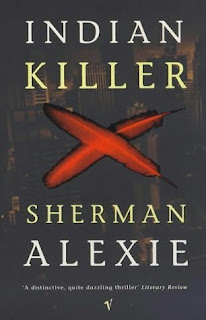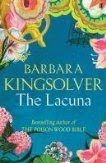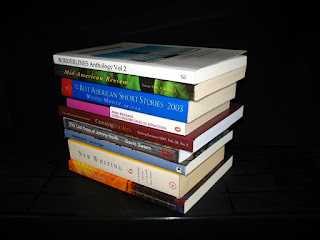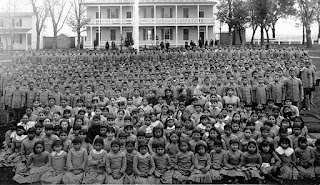A Review of 2010

Ethel Louise Mabry The end of another year is upon us and I am reminded of my grandmother’s claims that time speeds up as one gets older. As a kid, in Idaho, I was dumbfounded by this idea. Science was never my strongpoint, but I knew, somehow, as the interminable years of my childhood wore on that such a statement must go against some law of physics. ‘Don’t go wishing your life away,’ she’d tell me as I itched to break free of high school classrooms, anxious to join the world outside my small town. Even in grade school, at the age of nine or ten, I kept track of the school days, crossing them off one by one, willing each of them into the past so that I could be released into the freedom of summer. I was in a hurry to be somewhere else, do something new, start living my life. Anxious for time to pass. Grandma was right, of course. She always was. Time does speed up as a person gets older. It’s a fact. Physics be damned! And though I always find myself feeling sombre at the c...











